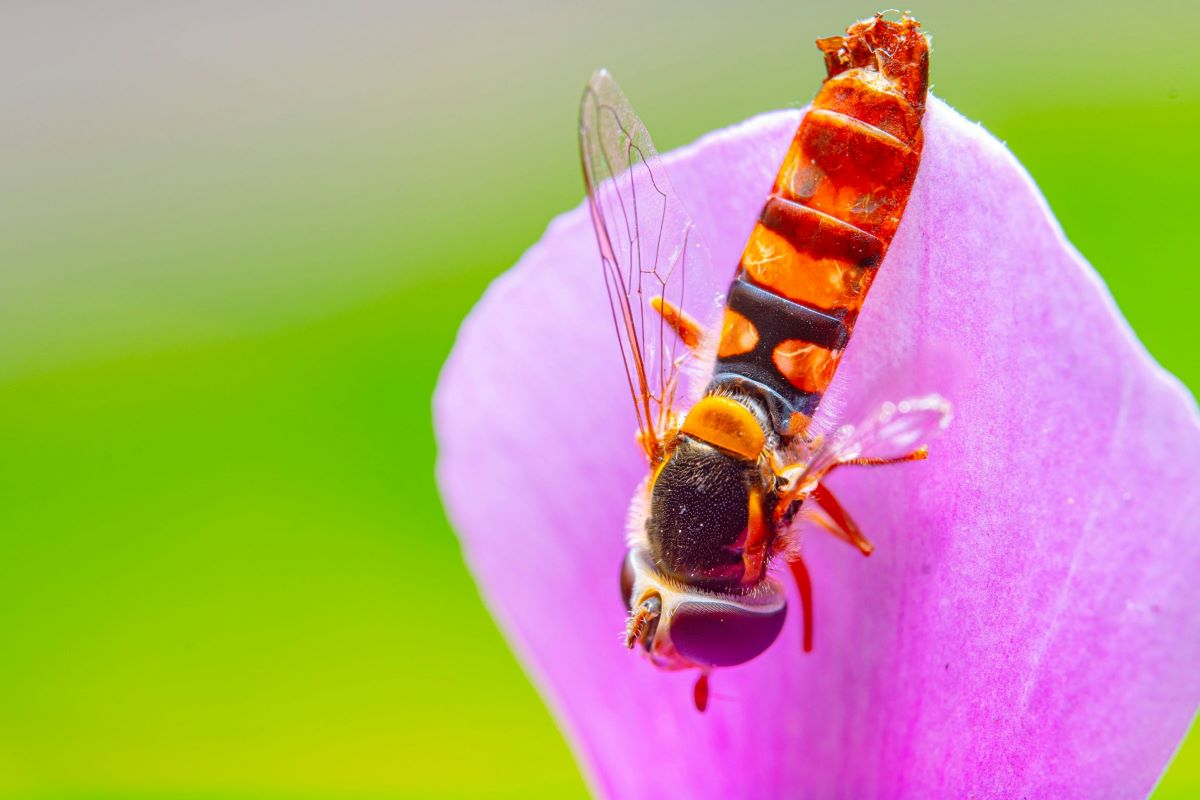In a scenario where bees are declining due to industrial agriculture, pathogens, biodiversity loss, pesticide use, and climate change, the London-based Olombria offers farmers solutions for pollinators and pest control using precision farming technologies. The start-up encourages hoverflies − Diptera Brachycera, insects often mistaken for bees or wasps − to become more efficient as pollinators.
Already skilled pollinators, hoverflies collectively account for more than 30% of worldwide pollination. “And not only are they pollinators, but they are also very good at pest control”, said Tashia Tucker, founder and CEO of Olombria. "When your plant is attacked by pests, the plant is less attractive to pollinators. So not only do you suffer low yields from the pest infestation, you also don't have the appropriate pollination."
The British startup leverages technology to provide farmers with insights on pollinators and environmental conditions, using chemical volatiles to manage the species of pollinating insects and enhance their activity and pollination rates. This leads to a direct increase in crop productivity and profitability for farmers.
Founded after participating in the 2017 Biodesign Challenge at the Royal College of Art in London and winning several awards, Olombria employs machine learning and artificial intelligence to gather the history of what is happening in the field related to insect decline, pollinator health, and abundance across different areas of the crop − data that growers previously lacked access to.
Name:
Olombria
Website:
Sector:
Insects
Plus:
Increased pollination for higher crop yields
Features:
Agricultural technology that cares for the behaviour of hoverflies by providing information about them
This article is also available in Italian / Questo articolo è disponibile anche in italiano
Image: Oktavianus Mulyadi, Unsplash



